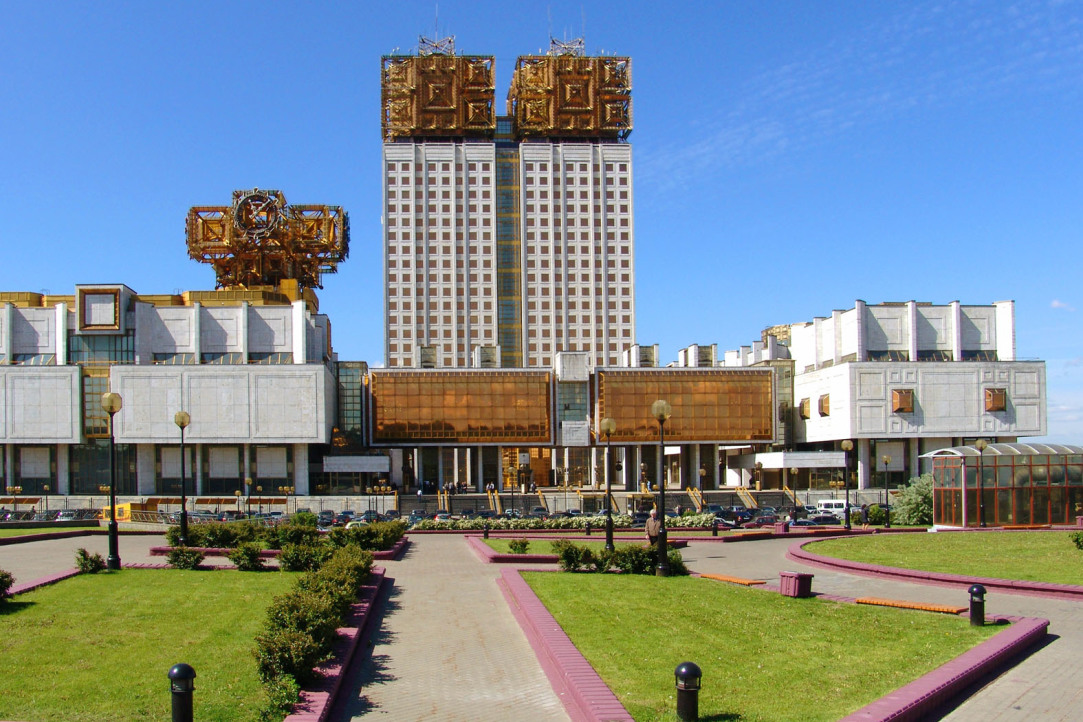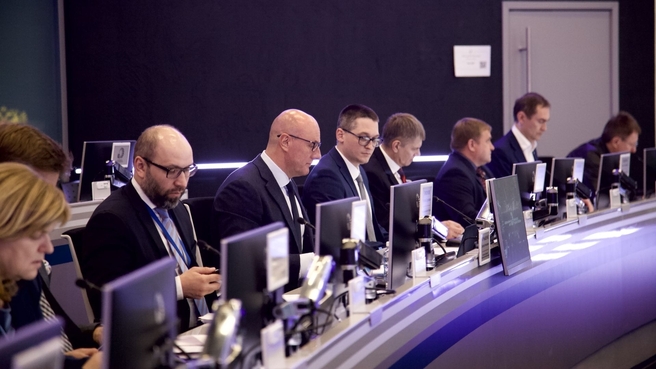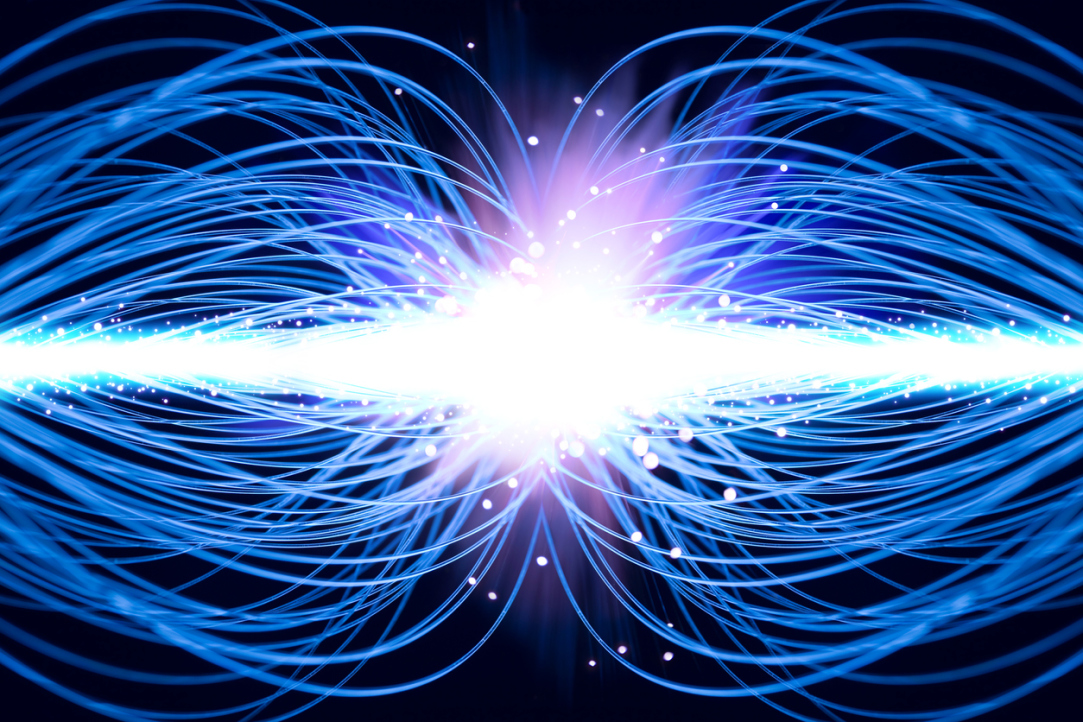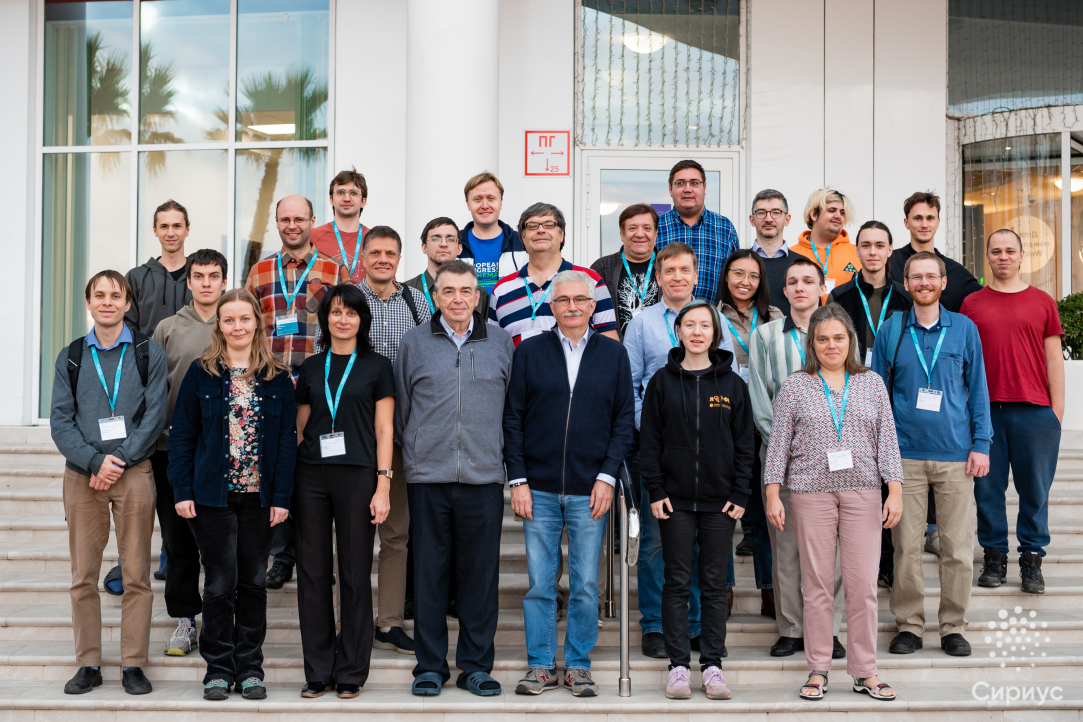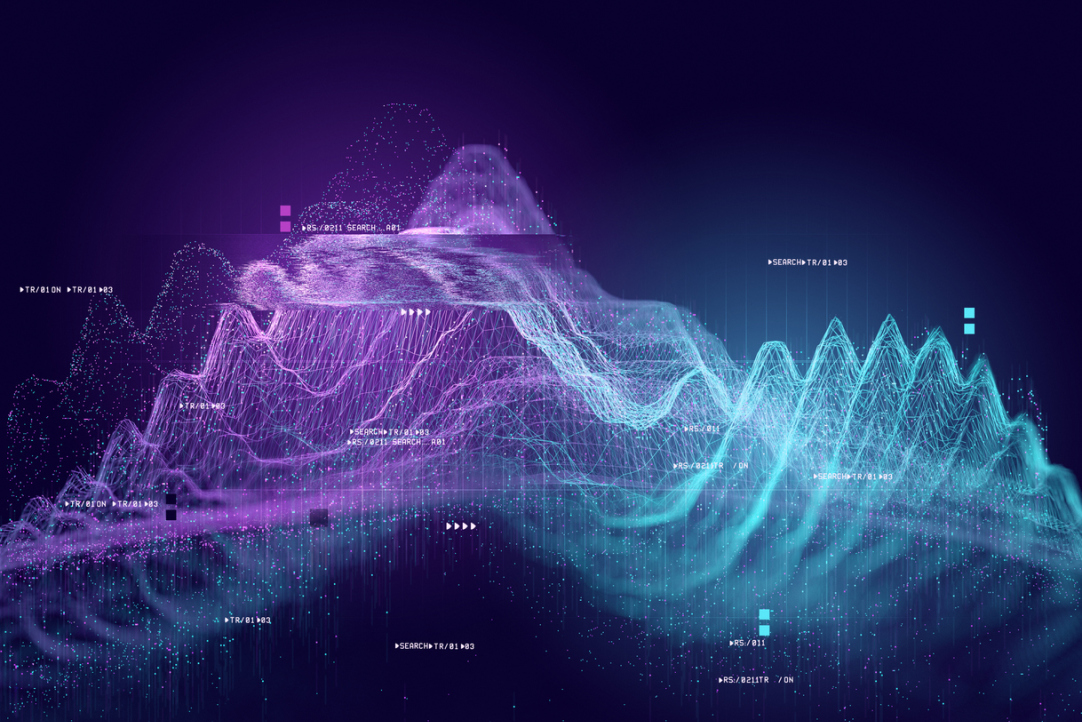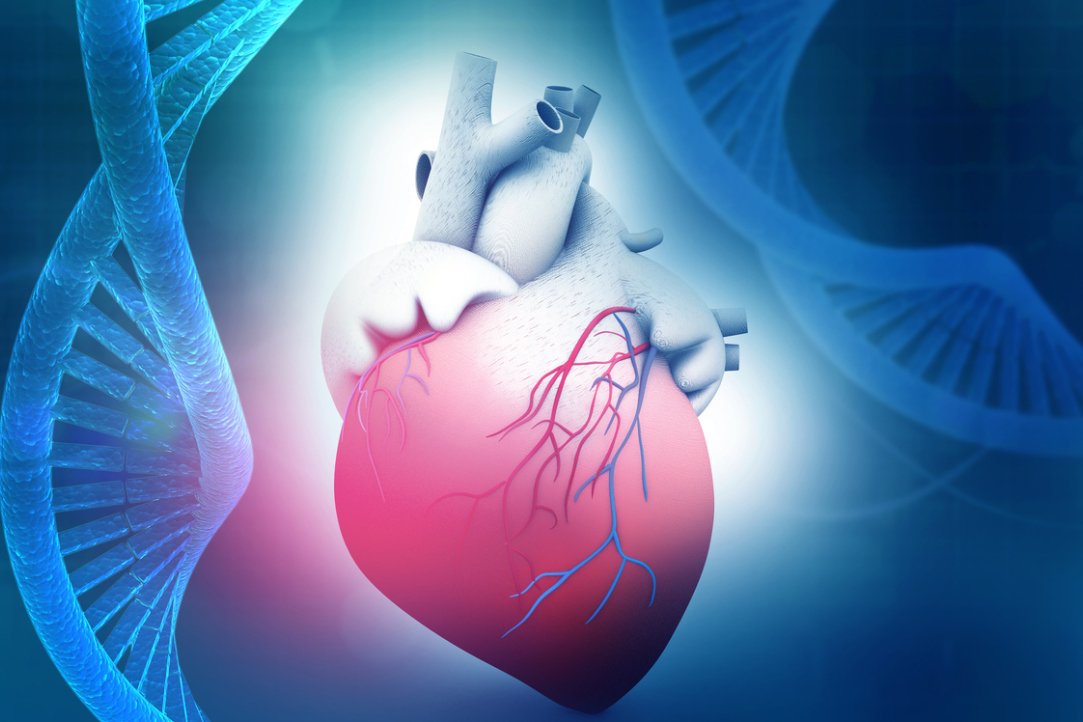The HSE Centre for Artificial Intelligence, together with its partners in industry, is working on 25 applied projects in the fields of telecommunications, finance, education, medicine, etc. The results of the work by researchers and developers were recently presented at a meeting of a Russian government working group. That meeting summed up the initial results of the federal Artificial Intelligence project, part of the national Digital Economy programme.
